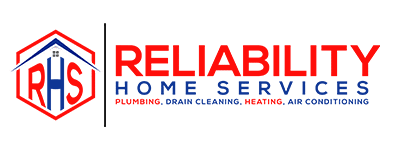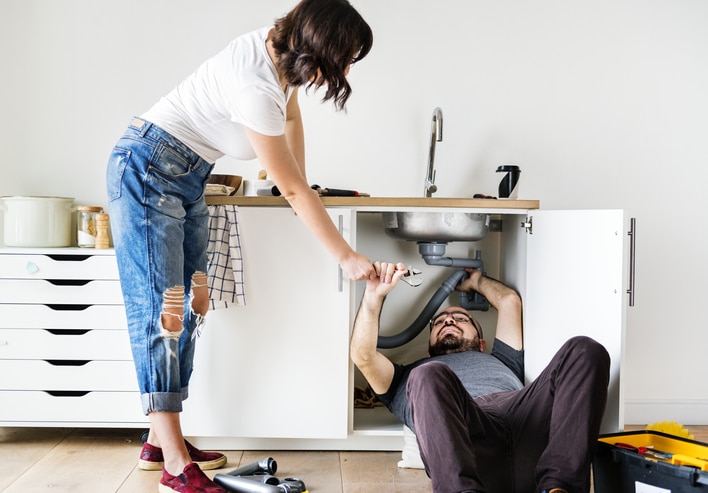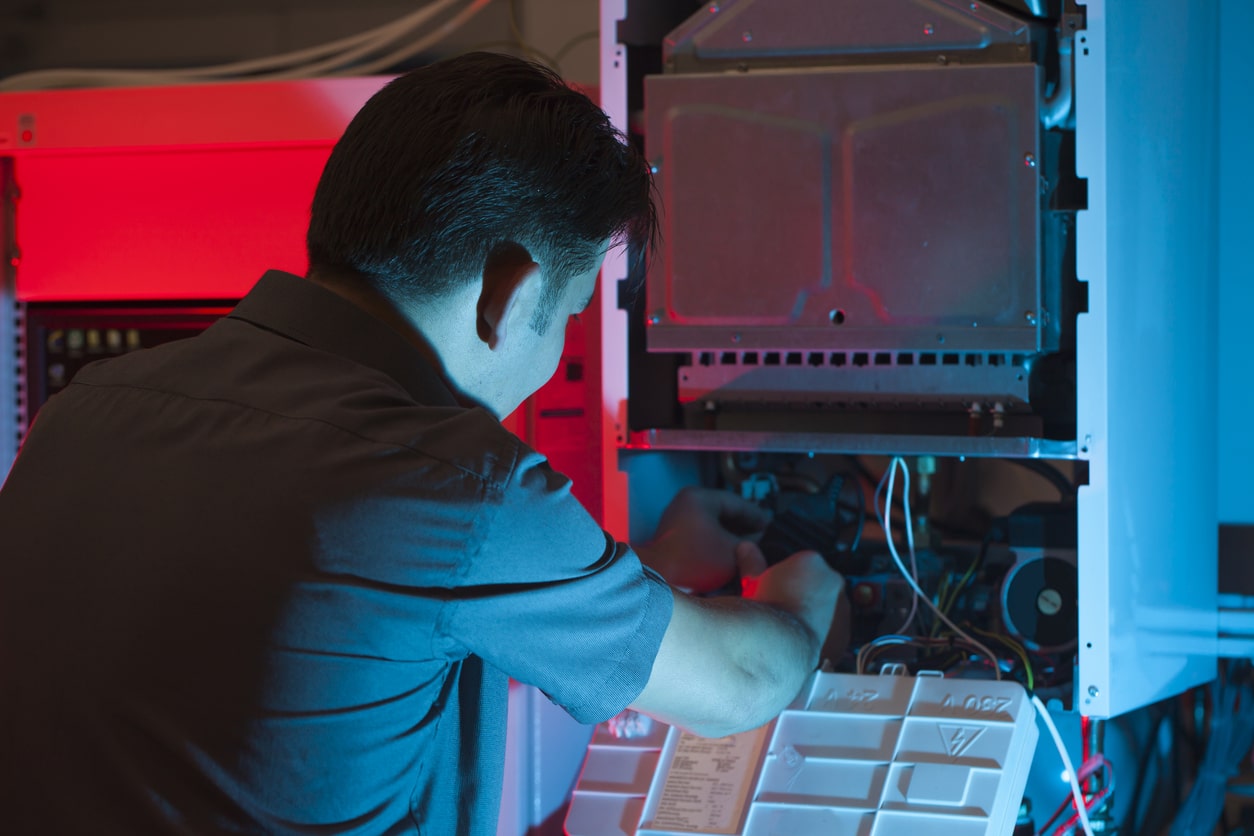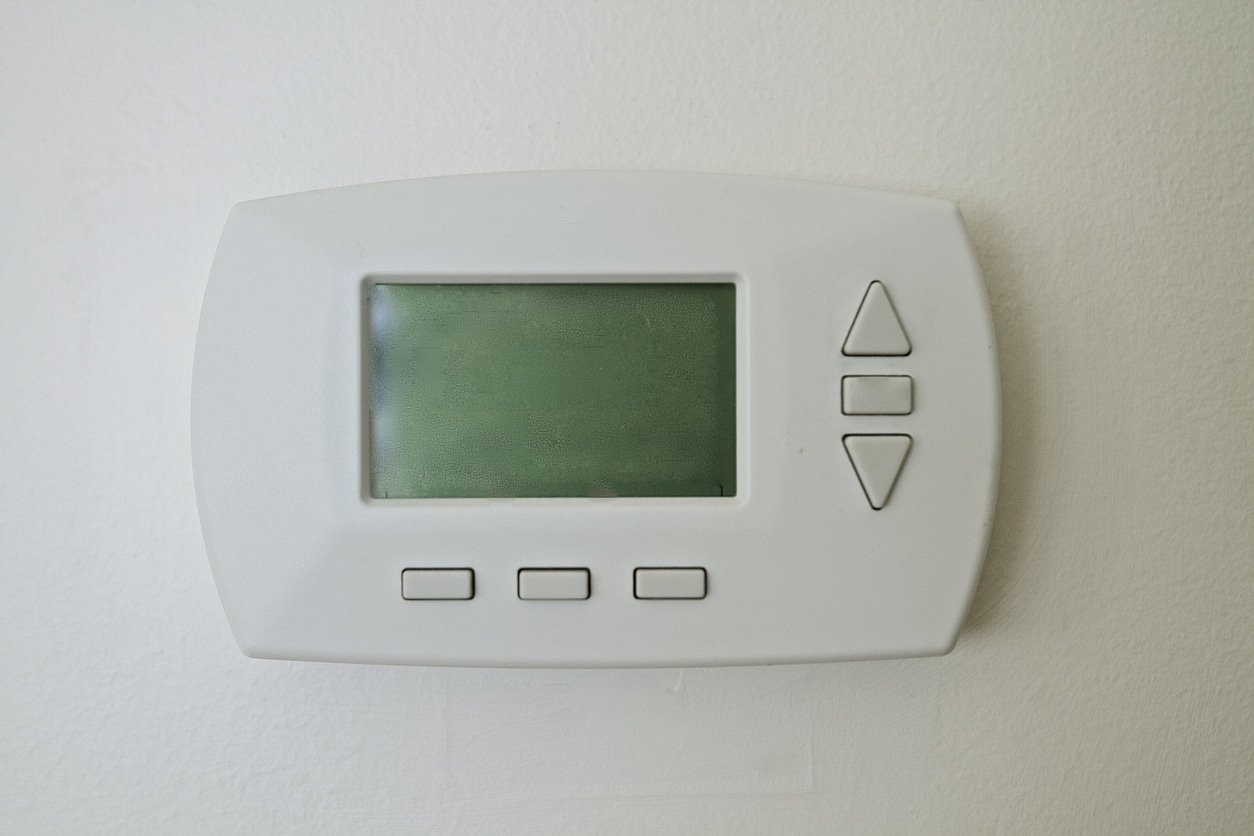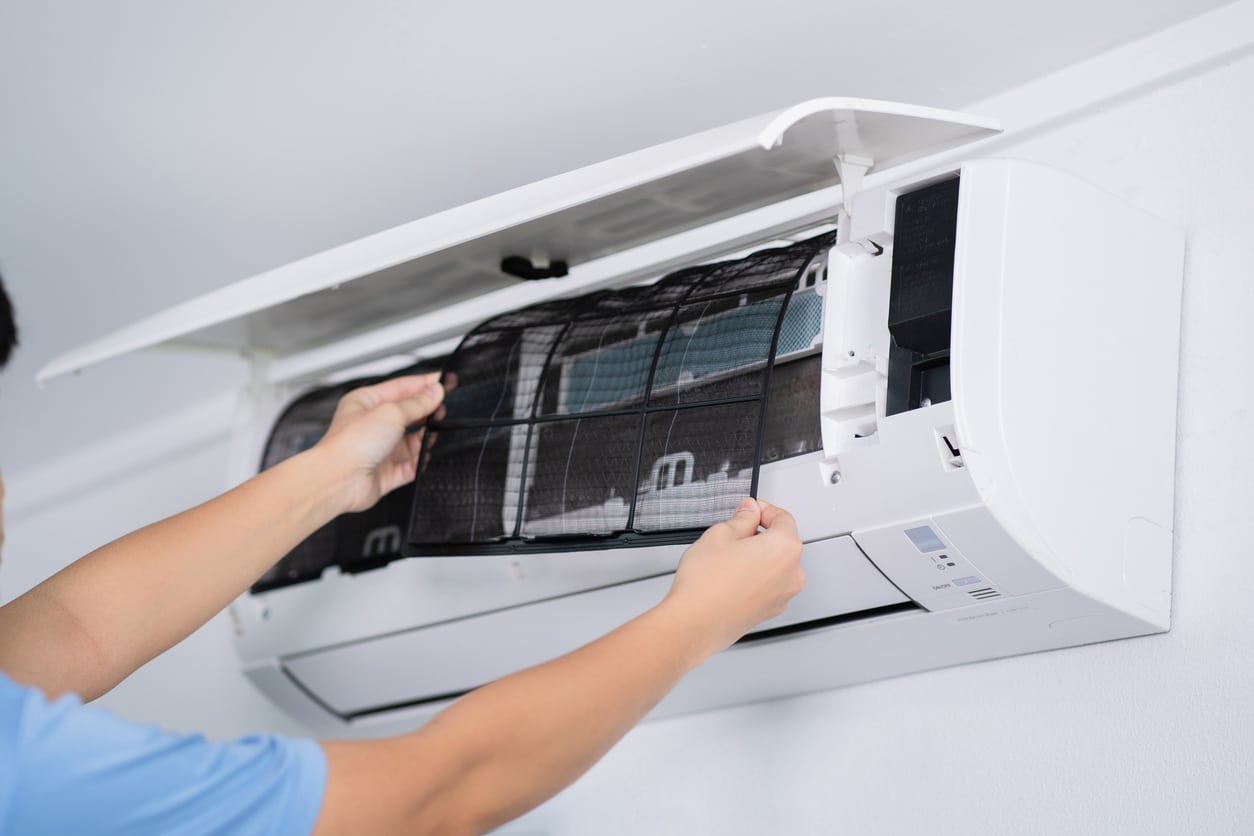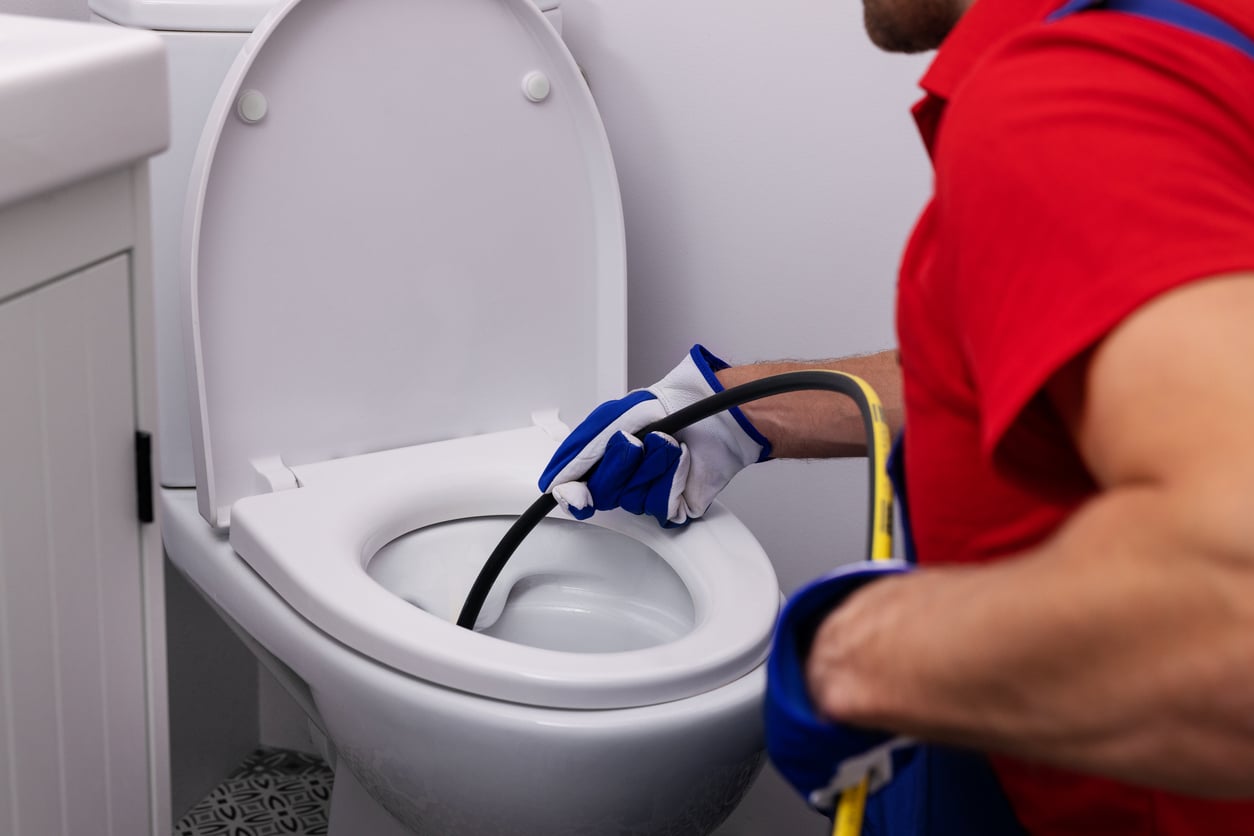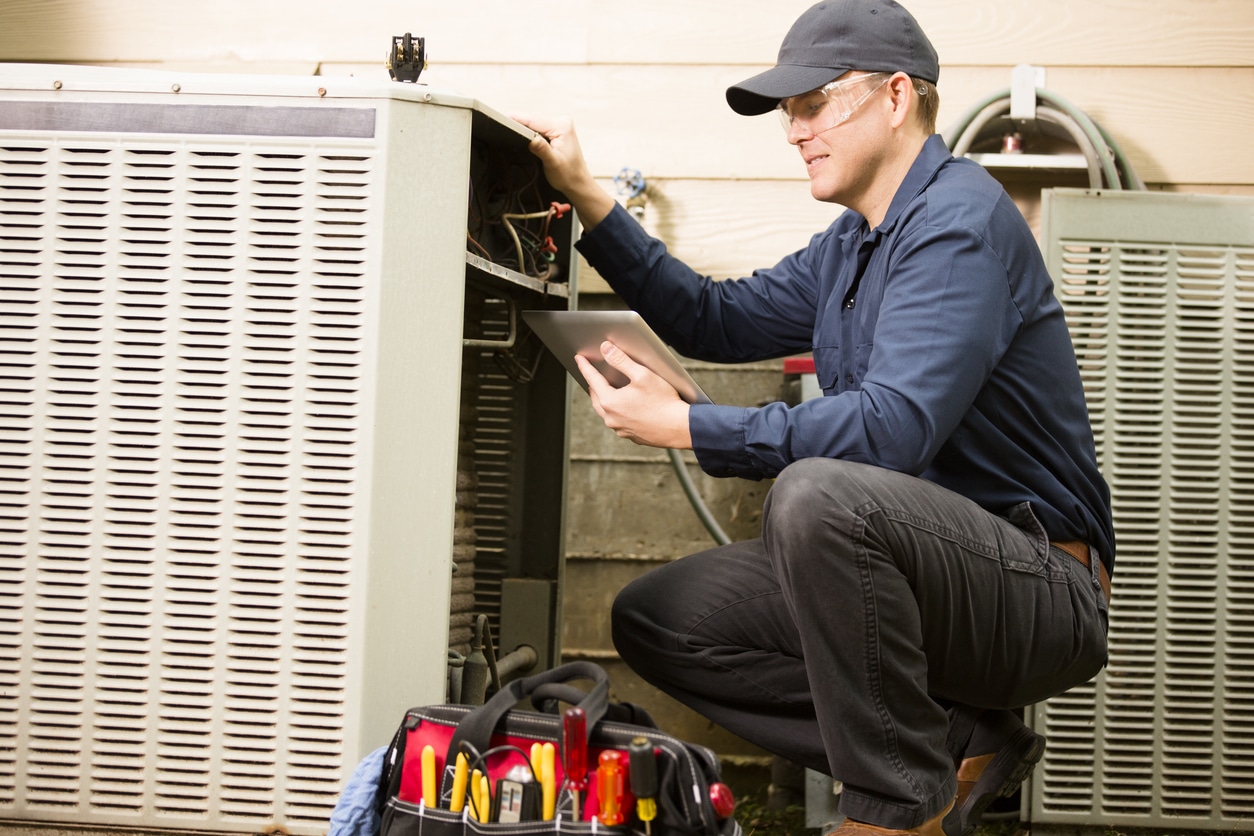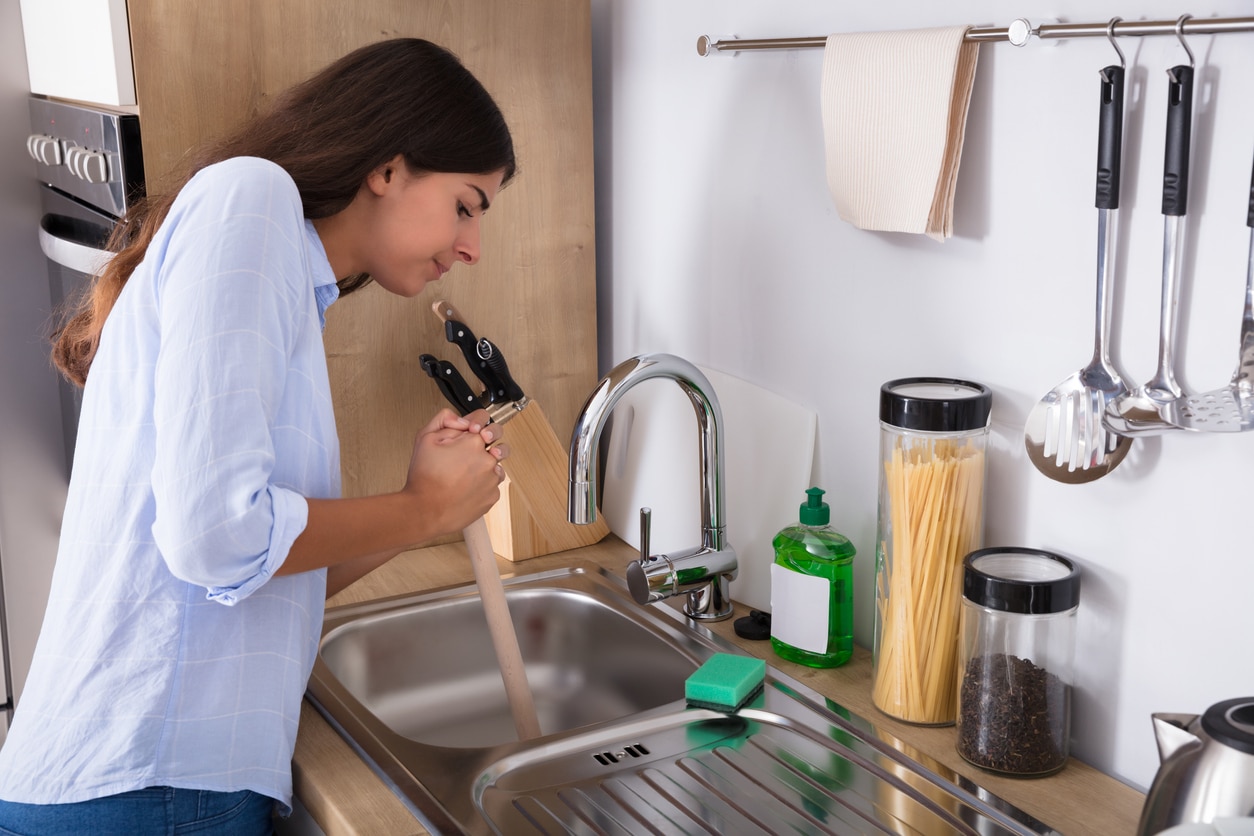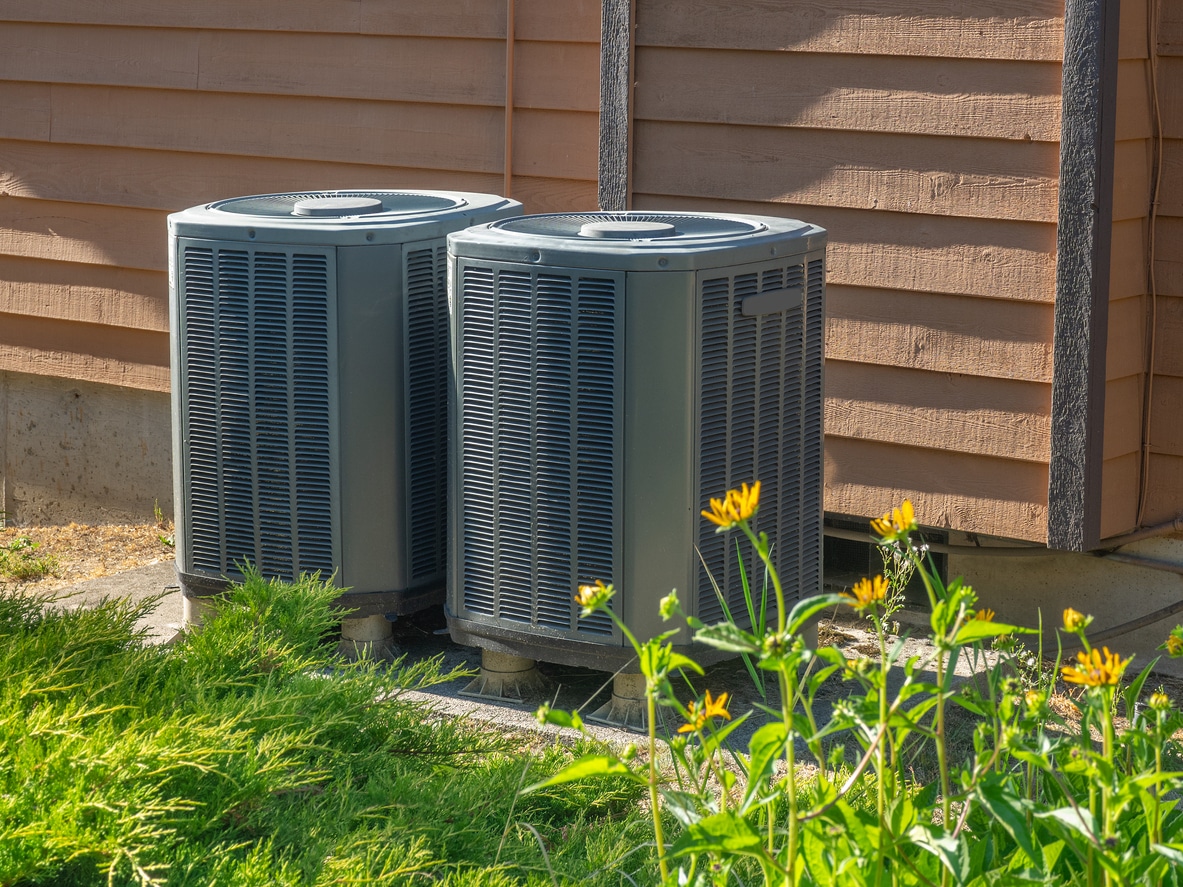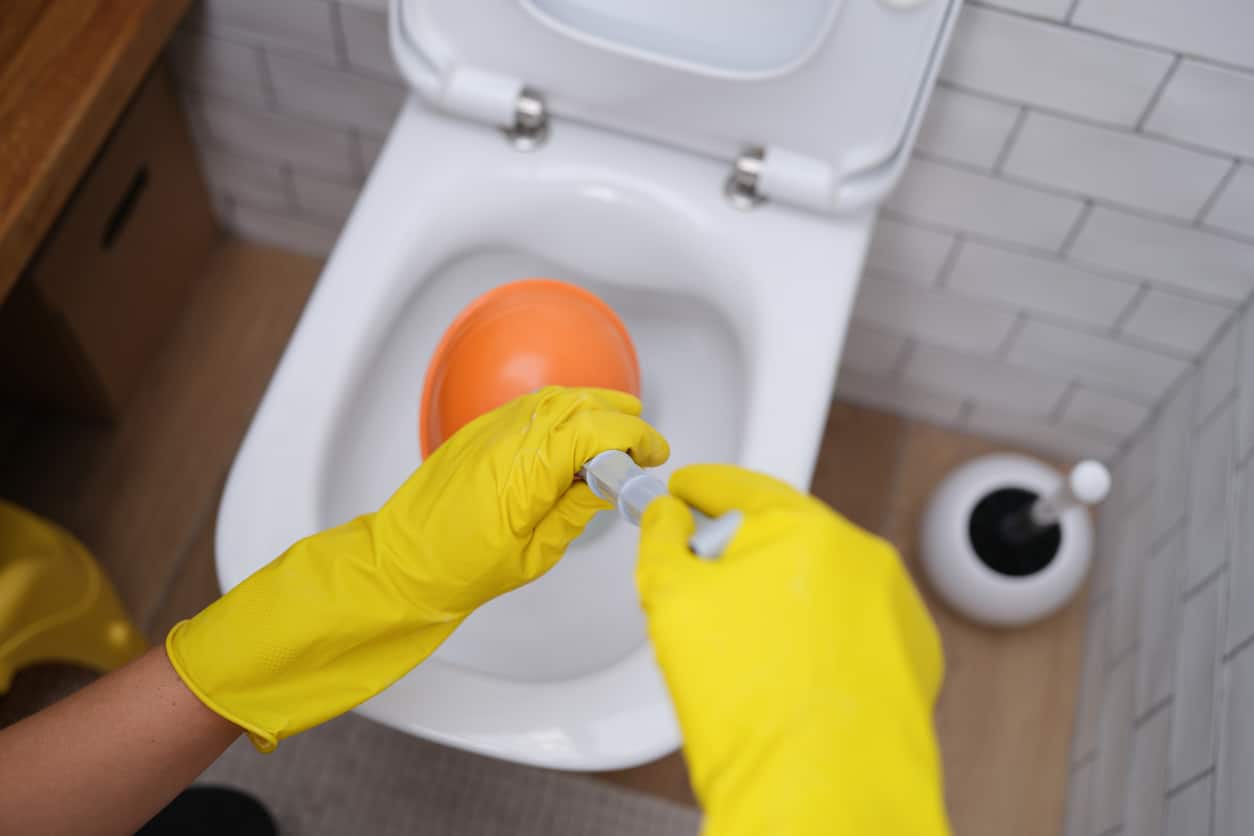If you purchased a home for the first time, you have a lot to learn about your Dundalk plumbing. As a renter, you don’t need to worry about dealing with the maintenance of a plumbing system, and it was probably up to your landlord to deal with residential plumbing services for repairs. But when you own a home, you’re the only one responsible for the plumbing. These plumbing tips can prepare you to give your system the care it needs.
Before You Do Anything, Get an Inspection
Before a lender agrees to finance your home, they require an inspection. But that doesn’t mean your plumbing doesn’t need further inspection. Although a home inspector has general knowledge of plumbing systems, they don’t go over your plumbing in detail. They may overlook a serious issue with your plumbing. For this reason, you should hire a plumber for a full inspection. They may identify a significant issue and repair it before the situation becomes worse. Even if you don’t have any pressing issues, you can learn about areas of concern and find out what repairs you should plan for in the future. At the very least, you learn more about your system. A plumber can save your bathroom plumbing by telling you what items block your toilet and advising you on how to handle clogs. Your plumber will also be able to tell you more about your regular maintenance needs.Find the Water Main Shut Off Valve
A leak in your plumbing system can cost you hundreds or even thousands of dollars in damage. To prevent the maximum amount of damage, you need to know how to shut off your water. When a pipe bursts or your toilet won’t stop overflowing, you can run to your valve and stop the water. Unfortunately, many homeowners don’t realize they even have a shut off valve. Every home has one, but the location of it varies. During an emergency, you won’t have time to search every nook of your home for the valve. As soon as you move in, find the location of the valve. These valves are usually in basements and crawl spaces. When you turn the valve, the water supply to the home completely shuts off. After you locate the valve, tell other adults in the house how to find the valve.Clean Your Shower Drains Regularly
If you took a close look at your shower drains, you’d be disgusted. There are many things that go down your shower drain, and most of them don’t belong there. To prevent hair and soap scum from clogging up your shower drain, you should clean it frequently. If you install a drain cover in your shower, hair won’t travel down your drain. Just be sure to clean out your drains frequently, or the hair will accumulate and prevent water from draining. You can use a mixture of baking soda and vinegar to remove small clogs from your pipes. However, avoid using chemical drain cleaners on your pipes. They are corrosive and may weaken your pipes.Call a Professional for a Clog
When most homeowners have a clog in their system, they try to take matters into their own hands. Or, they decide to do nothing about it and wait to fix the issue until it becomes a plumbing emergency. Either scenario isn’t a good one. If you suspect you have a clog, the first thing you should do is call in a plumber. They have the tools necessary to do a camera inspection, which pinpoints blockages in your plumbing system. Equally importantly, a plumber has the tools and experience needed to remove stubborn clogs. Trying to handle a clog on your own is a recipe for disaster. If a clog is deep in your pipes, a plunger won’t do you any good. As previously mentioned, a chemical drain cleaner won’t help either. And using a common drain snake comes with the risk of damaging old pipes. Instead of trying to DIY your clog removal, it’s best to work with a professional.Take Steps to Prevent Frozen Pipes
In Dundalk, the winters get cold enough for your pipes to freeze over. Unfortunately, a frozen pipe is one of the worst plumbing disasters you can experience. Every fall, do your best to prepare your pipes for a cold winter. You can start by detaching your garden hoses. In addition to preventing frozen pipes, this step limits the wear and tear on your hoses. Store them indoors and reattach your hoses when the spring arrives. It’s also useful to insulate your pipes. Although there are ways in which you can do this on your own, you can rely on a professional to ensure your plumbing is ready for a harsh winter. If you don’t insulate your pipes, you may want to practice the following tips to prevent the water from freezing in your pipes:- Allow water to drip slowly from faucets
- Keep your home heater
- Plan ahead for winter vacations
- Keep doors under sink cabinets open
